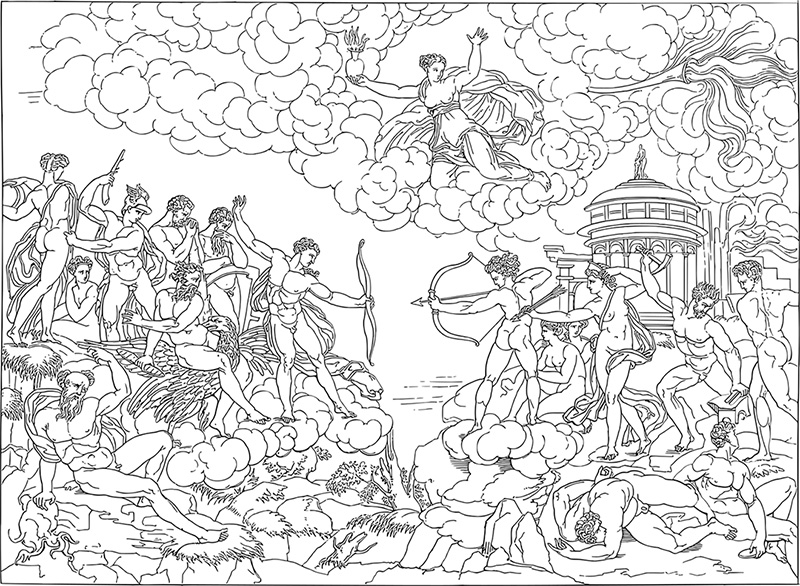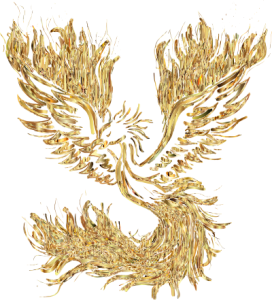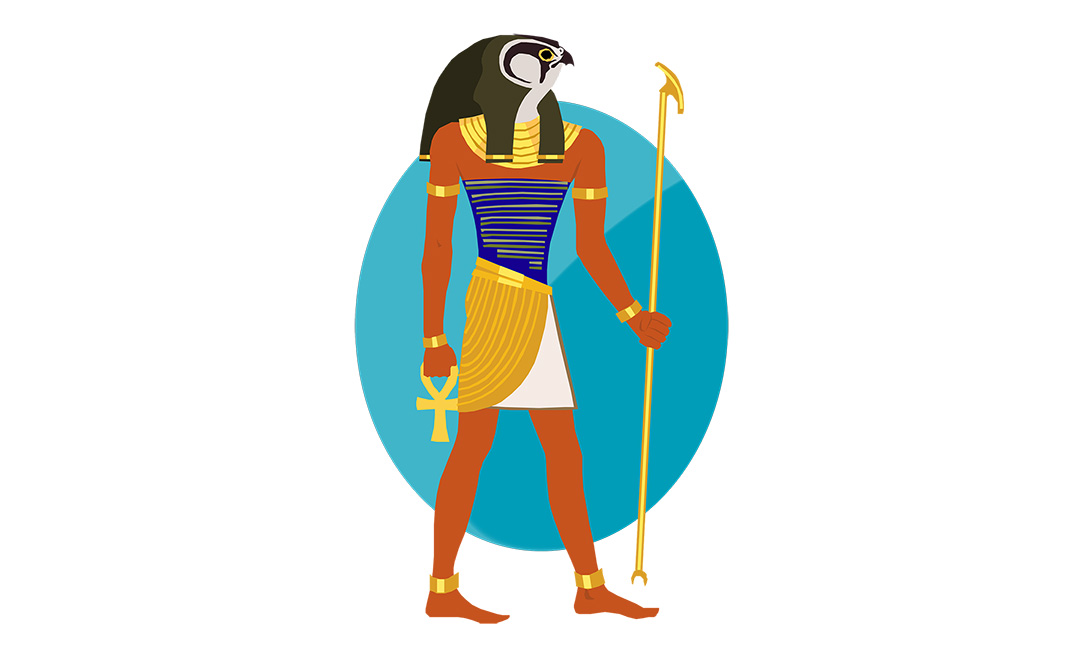Mythologies speak to us because in many ways they represent our own lives writ large. The loves, failures, and passions of the gods and heroes who populate the world of cross-cultural mythology are in many respects symbols of our own lives and avatars of the sacred.
Percival/Parsifal/Peredur of the Round Table spends his life seeking the mysterious Holy Grail just as anyone might be given to find an elusive goal or answer throughout their lives. How easy it is to enter Homer’s Land of the Lotus Eaters and waste precious time in the lap of pleasure and physical satisfaction unaware that life is passing us by. Each of us deals with matters of life and death, good and evil, love and hate, the choice between service to self and service to others, courage and cowardice on a daily basis with the conflict and resolution contained in the endless choices that we make.
We watch the cycles of humanity as they unfold around us without conscious awareness that through these events and actions humans are enacting the struggles between Set and Horus, Enki and Enlil, and the progress of the German Edda that ends with the Twilight of the Gods. While the neteru of the ancient Egyptians could represent universal concepts such as balance (Ma’at), chaos (Set), order (Horus), justice (Osiris) and nurture (Isis) (Schwaller de Lubicz, 1982), the Greek gods embodied recognizable human traits. Mythologies are the stories of superhuman beings performing feats that are both monumental and petty on an ever-revolving cyclical stage that can impact human life in the blink of an eye.

To Jung, the mythologies represented archetypes, universal energies that dwell in the realms of greater consciousness that have imprinted their essence into our personal and transpersonal consciousness (Jung, 1990).
These archetypes and the stories of the gods and heroes possess timeless relevance that renders them recognizable to ongoing generations on a frequently unconscious level. They appear repeatedly in the arts as the subjects of numerous operas, ballets, plays, poetry and films, and even TV show and comics. Many of us have learned though mass mediated culture that Thor has tremendous strength and that Loki is cunning and duplicitous. These archetypes appear globally in different cultural motifs, and our continued resonance with and fascination with them speaks to their endurance.
Are the myths our own lives in macrocosm or are our lives the myths in microcosm? The intuitive answers is “Yes” on both counts for we incorporate elements of these gods, and heroes within ourselves. Our ongoing relationship with mythology is due to it being engrained in the warp, weft and deep inner structure of our lives and identities which creates a perpetual resonance.
(Excerpted from Bouse, K. 2022. Finding the Phoenix: Seven Tools for Transformative Self-Discovery. p. 156).

